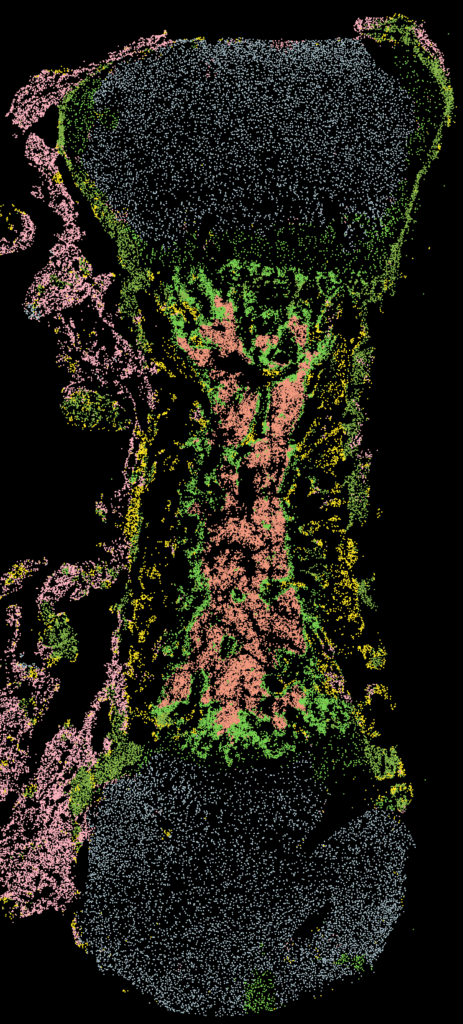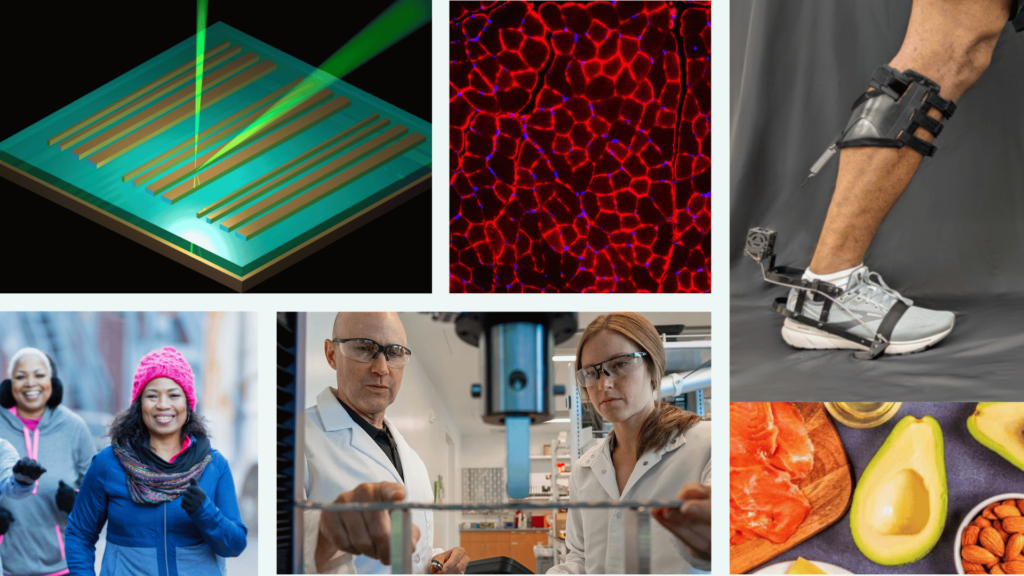Uncovering the role of genes versus training for human performance
Collaborators

While it is widely accepted that exercise is beneficial for health, we are only beginning to understand the genetic pathways that may underlie these benefits. A recent review article by Wu Tsai Human Performance Alliance faculty member Euan Ashley and colleagues sheds light on the interplay between genes, exercise, and performance. The article appears in the September 14 issue of Nature Reviews Genetics.
The article synthesizes the results of over 150 scientific studies to map what is currently known. A recurring observation is the synergistic interactions between nature and nurture. Take the gene “ACTN3” as an example. “ACTN3” affects the structure and function of muscle, specifically, whether a muscle is a type that fatigues easily or one with more stamina. What’s more, this effect can be made stronger with endurance training. It’s a phenomenon observed across a number of genes: endurance training on top of endurance genetics begets greater performance.
Muscles aren’t the only players in the endurance game. The studies presented weave a complex interaction between genes and pathways relating to the heart, brain, blood, and even bacteria in the gut. There are incredibly detailed changes that happen on subcellular levels, right down to the mitochondria (recall, the powerhouse of the cell).
There remain many gaps in our understanding about the role of genes in endurance exercise, though. Ashley hopes to fill in some of those gaps through his ELITE study, which is studying the world’s most elite endurance athletes.
Ashley is the Associate Dean and the Roger W. and Joelle G. Burnell Professor of Genomics and Precision Health at the Stanford School of Medicine. He co-leads the Molecular Athlete project at the Wu Tsai Human Performance Alliance at Stanford.
Read the full review article
Learn more or join the ELITE study
Latest News

May 29, 2025
Is exercise before sleep linked with poorer sleep?

May 23, 2025
Skeletal stem cells key to stronger bones, better healing

March 13, 2025
Wu Tsai Human Performance Alliance Research Round-Up – March 2025
Get Engaged
Join our mailing list to receive the latest information and updates on the Wu Tsai Human Performance Alliance.
